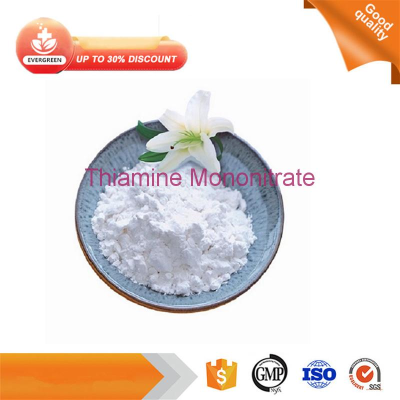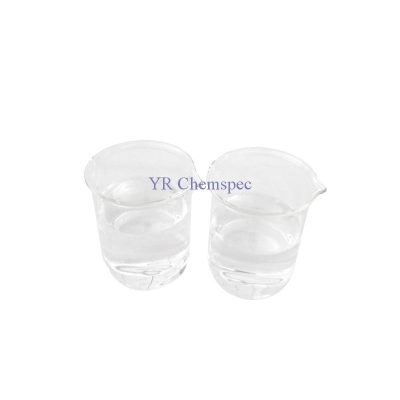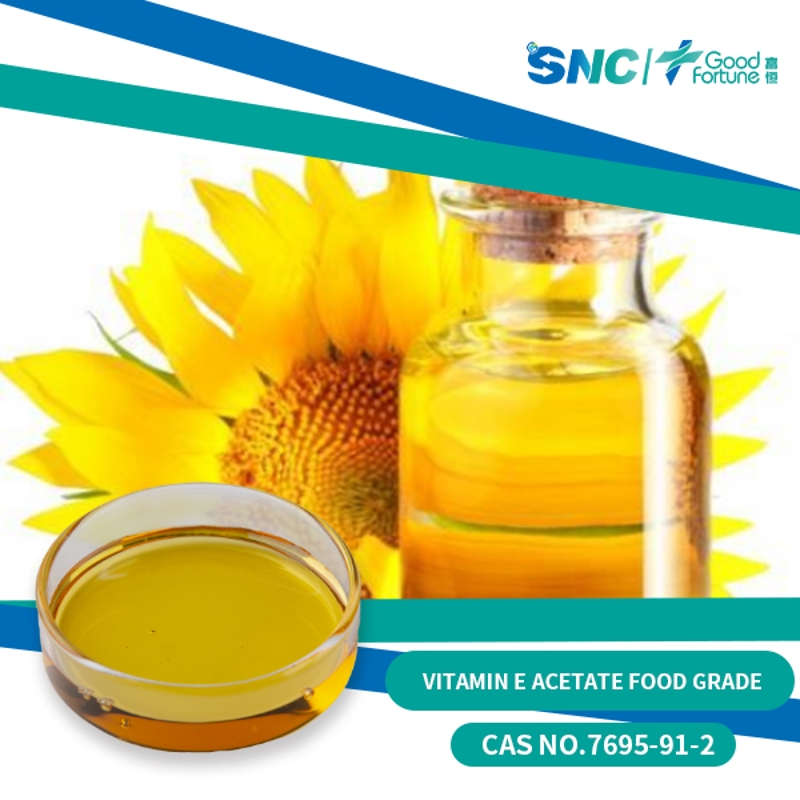-
Categories
-
Pharmaceutical Intermediates
-
Active Pharmaceutical Ingredients
-
Food Additives
- Industrial Coatings
- Agrochemicals
- Dyes and Pigments
- Surfactant
- Flavors and Fragrances
- Chemical Reagents
- Catalyst and Auxiliary
- Natural Products
- Inorganic Chemistry
-
Organic Chemistry
-
Biochemical Engineering
- Analytical Chemistry
- Cosmetic Ingredient
-
Pharmaceutical Intermediates
Promotion
ECHEMI Mall
Wholesale
Weekly Price
Exhibition
News
-
Trade Service
Coenzyme B12, also known as cobalamin, is a vital nutrient for human and animal health.
It plays a crucial role in the metabolism of lipids, proteins, and carbohydrates, and is essential for the maintenance of the nervous system, red blood cell production, and immune function.
The synthetic routes of Coenzyme B12 have been extensively studied in the chemical industry, as it is a complex molecule that is difficult to synthesize through natural means.
The first step in the synthetic production of Coenzyme B12 involves the synthesis of the Corrin ring, which is the core structure of the molecule.
This can be achieved through a variety of methods, such as the Heck reaction, the Suzuki reaction, or the Stille reaction.
Once the Corrin ring has been synthesized, the remaining components of the molecule can be attached to it through various chemical reactions.
One of the most common methods for synthesizing Coenzyme B12 involves the use of a technique called "chemical reduction.
" In this process, a molecule called 2-methylcitrate is first synthesized, and then reduced to form the Corrin ring.
The Corrin ring is then further modified with other molecules to form the complete Coenzyme B12 molecule.
Another synthetic route for Coenzyme B12 involves the use of bacteria to produce the molecule.
In this process, bacteria such as Escherichia coli or Bacillus subtilis are genetically modified to express the genes necessary for the synthesis of Coenzyme B12.
The bacteria are then grown in a fermentation tank, where they produce the Coenzyme B12 molecule.
The Coenzyme B12 is then extracted from the bacteria and purified to produce a synthetic version of the molecule.
In addition to these synthetic routes, researchers have also explored the use of biotechnology to produce Coenzyme B12.
In this process, genes that code for the enzymes involved in the synthesis of Coenzyme B12 are introduced into a host organism, such as yeast or plant cells.
The host organism is then used to produce the Coenzyme B12 molecule through a process called "bioproduction.
"
The synthetic routes of Coenzyme B12 have important implications for the chemical industry and for public health.
The ability to synthesize Coenzyme B12 in the laboratory has made it possible to produce the molecule in large quantities, making it more widely available for medicinal and nutritional purposes.
Additionally, the ability to synthesize the molecule has allowed chemical companies to develop new products and applications for Coenzyme B12, such as in the production of nutritional supplements and food additives.
However, there are also potential drawbacks to the widespread production of Coenzyme B12 via synthetic routes.
The synthetic process can be costly and time-consuming, and there may be concerns about the purity and stability of synthetic Coenzyme B12.
Additionally, the use of genetically modified organisms in biotechnology has raised concerns about the potential environmental impact of the production process.
In conclusion, the synthetic routes of Coenzyme B12 are an important area of research in the chemical industry.
The ability to synthesize the molecule in the laboratory has provided numerous benefits, such as increased access to the nutrient for medicinal and nutritional purposes.
However, there are also potential drawbacks to the widespread production of Coenzyme B12 via synthetic routes, and further research is needed to address these concerns.







